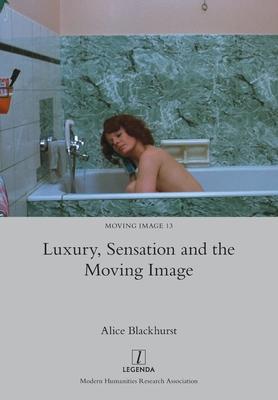In recent years, the embrace of 'slow;' sensuous and durational forms of cinema and the moving image registers desires to immerse in phenomenological experiences of artworks as potential antidotes to our information-saturated, techno-capitalist age. Exploring shifts away from ownership, accumulation and possessive acquisition of the object towards more experiential, immaterial 'aneconomies' of pleasure, care, eroticism, poetry and ritual, this book tracks the evolution in understandings of the luxurious in the last decade, and luxury's potential coalitions with cinephilia; affect; the senses and the ontology and formal quality of light ({i}lux{/i}, {i}lucis{/i}). Engaging with four contemporary Francophone women artists - Louise Bourgeois, Chantal Akerman, Sophie Calle and Annie Ernaux - as case studies for an inter-medial, multi-sensory, and generically 'queer' conception of le luxe - the book also queries luxury's entrenched gendering as pathologized symptom of feminized experience; and both luxury and femininity's relation to consumption; embodiment and excess under neoliberal austerity and 24/7 surveillance culture. Although in our current disaster-laden epoch, sustained thinking about luxury might appear a perverse and abstracted act, the book, via the medium of cinema and the moving image, argues that a different understanding of luxury as a 'sensuous relation to the world;' a slowing down of critical and attentive faculties; and a re-investment in affective acts of communal being-together may no longer be decadent but epistemologically necessary to the preservation and continued affirmation of this world.
Shortlisted by the Society for French Studies for the 2022 Gapper Prize, which is awarded to the best book of its year published by a British or Irish author.
